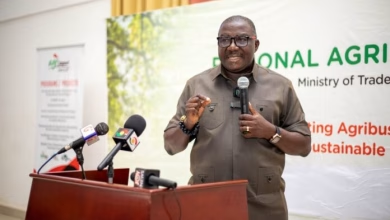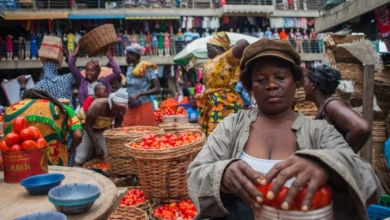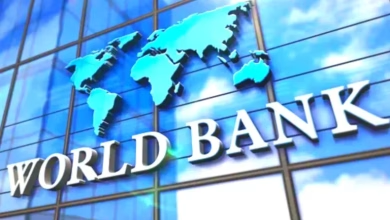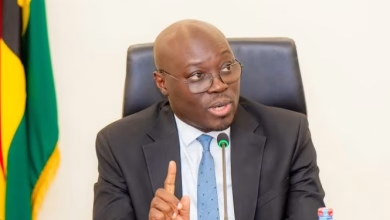Stanbic Bank Ghana Invests Heavily In Mining, Metals and Energy Sectors

- Stanbic invests heavily in mining and energy sectors
- In 2024 the bank provided US$100 million in loans
- Ghana can create a thriving environment for the mining
Stanbic Bank Ghana has been a major player in driving Ghana’s economic growth by investing heavily in the country’s mining, metals and energy sectors.
Over the past five years, the bank has committed a staggering US$1.1 billion to these crucial industries.
Supporting Large and Small Mining Operations
- Stanbic Bank provides transactional banking services to 11 out of 13 large-scale mines in Ghana.
- They played a key role in securing a US$100 million term loan facility for a local surface mining contractor.
- In 2024 alone, the bank provided US$100 million in loans to smaller contractors and vendors supporting the mining industry.
Facilitating Expansion and Environmental Compliance
Stanbic Bank has also offered significant financial solutions to gold mining companies:
- A US$90 million term loan and hedging solution for a company’s expansion project.
- An US$80 million environmental bond guarantee for six gold mines over the past five years.
Investing in the Power Sector
Stanbic Bank’s contributions extend beyond mining. They have also made impactful investments in the power sector:
- Played a leading role in a US$325 million syndicated loan for an independent power producer, enabling them to build a power plant within a mine, reducing the mine’s energy costs.
- Acted as joint mandated lead arranger for a US$120 million syndicated loan facility for the state’s power producer.
Recommendations for Continued Growth
Lorraine Mac-Pods, Senior Vice President of Mining and Metals at Stanbic Bank, emphasized the importance of government collaboration for these sectors to reach their full potential. She highlighted the need for:
- Stable Regulatory Framework: Clear and predictable regulations are essential to attract and retain investors.
- Financial Institution Input: Involving financial institutions in drafting regulations ensures practicality and fosters a business-friendly environment.
- Balancing Local Benefits and Investment Climate: Striking a balance between maximizing local benefits from resources and maintaining an attractive investment environment is crucial.
- Transparency and Fair Competition: Transparency and fair competition will build investor confidence and encourage long-term investments.
By implementing these recommendations, Ghana can create a thriving environment for the mining, metals and energy sectors, ultimately benefiting both the country and its citizens.






